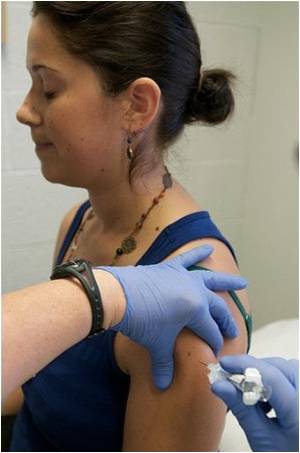Students from Cambridge University received 250 pounds for their participation in a psychiatric study with rave drug ketamine.

People who suffer from mental illnesses sometimes believe that external objects are part of their body - a sensation also experienced by ketamine users.
Researchers injected 15 participants with ketamine before testing whether it made them more or less likely to think a fake rubber hand was their own.
The hallucinogenic drug, which is legal in liquid form but a Class C drug when converted into a grainy powder, is most commonly used as a horse tranquilliser.
John Mitchell, spokesman for Rehab Guide, an organisation that helps people to find treatment for drug addictions, believes the study was a "dangerous game". This is encouraging people to use ketamine for monetary reward. It's immoral. That's just a personal opinion but it's a very dangerous game," the Sun quoted him as saying.
The study by Professor Paul Fletcher and PhD student Hannah Morgan is titled 'Exploring the Impact of Ketamine on the Experience of Illusory Bod Ownership'.
Advertisement
A statement from Prof Fletcher and Ms Morgan has denied that the study left participants at an "unacceptable risk" of suffering ill effects from the drug.
Advertisement
Source-ANI










